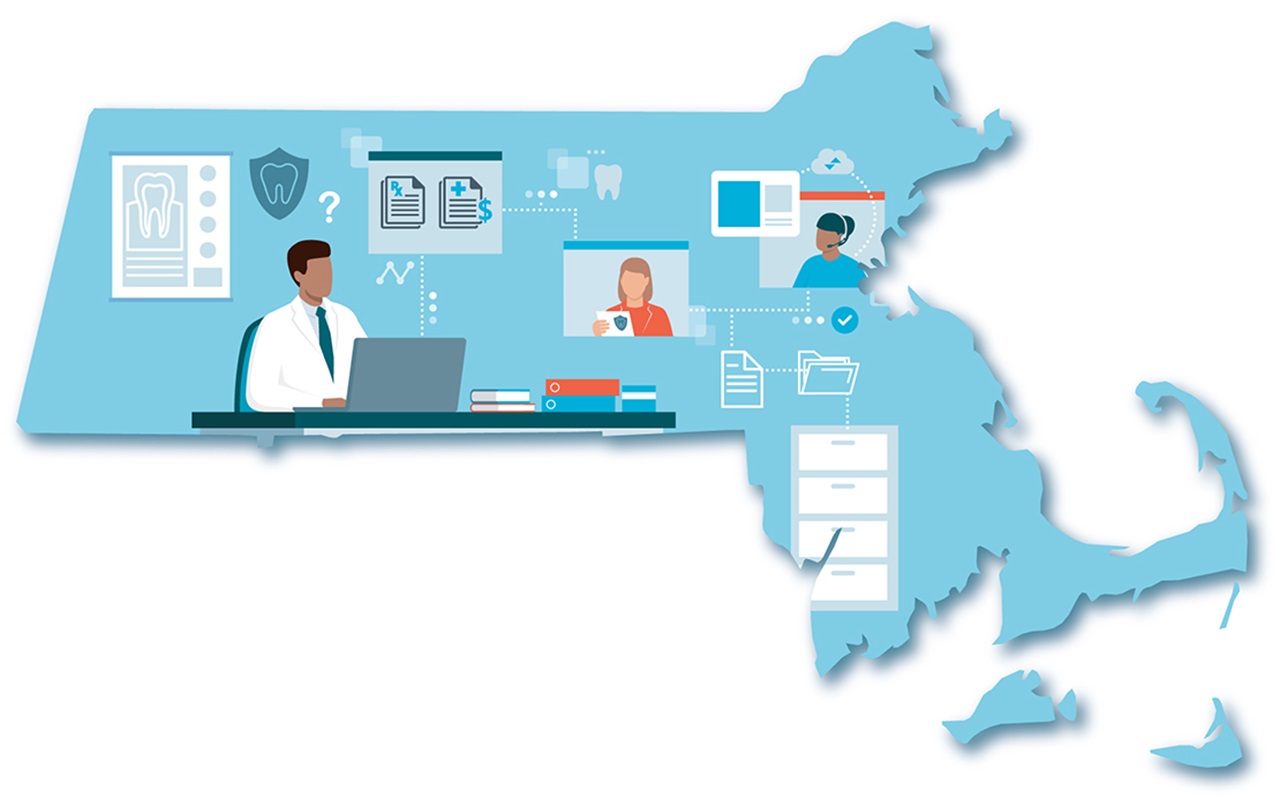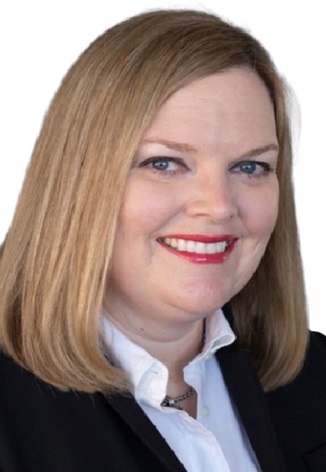We did it! Better dental benefits were on the ballot in Massachusetts, and on Nov. 8, voters delivered a decisive victory with over 71% supporting Question 2. This landmark decision creates a first-in-the nation insurance reform that will change the landscape of dental insurance, ensuring patient’s premiums are spent on their direct care and creating necessary consumer protections for dental patients.
The win on Question 2 solidifies the following important consumer protections for dental insurance in Massachusetts:
• Establishes a medical loss ratio, or MLR, for dental insurance companies, requiring them to spend at least 83% of patient premiums on their direct care. A medical loss ratio already exists for medical insurance nationally (80-85%) as mandated by the Affordable Care Act in 2010, and in Massachusetts the medical MLR is set at 85-88%.
• Requires dental insurance companies to report annually to the Massachusetts Division of Insurance, disclosing administrative costs and other financial information to prove how premium dollars are being spent including the specific amount spent on direct patient care.
• The Commissioner of the Massachusetts Division of Insurance must approve proposed rates for dental insurance plans.
• Requires dental insurance companies to refund the difference back to the covered individuals or groups if the 83% MLR is not met.
Only a few other states have achieved transparency regulations requiring dental insurers to file annual financial reports to disclose what percentage of premium dollars are spent on patient care. California is one of these states, and the California Dental Association found an average of 76% of premiums were spent on patient care. With the win on Question 2 in Massachusetts, transparency will be combined with specific directives. And, that is where this win is unique, it establishes not just transparency but accountability with the nation’s first rebate requirement.
Dentists are frequently asked to justify our treatment to insurance companies when claims are denied and patients are left paying for their necessary services out-of-pocket, which is not always feasible. Delaying care due to cost can cause greater systemic issues and is not meeting the triple aim of health care as described by the Institute for Healthcare Improvement or following the American Dental Association’s mission to “ support the advancement of the health of the public.”
The win on Question 2 will likely move dental insurance companies to lower deductibles, cover more services, pay more in claims or extend coverage to non-covered services. Dental insurance companies should work with their network providers to help patients receive the care they require. This victory will empower our patients to seek the care they need, knowing they will receive more value per dollar paid for their dental benefits.
Thank you to the perseverance and efforts of a group of dentists and patients who came together as the Committee on Dental Insurance Quality, chaired by Mouhab Rizkallah, D.D.S., who worked diligently to get this measure on the ballot and in front of voters.
The ADA and the Massachusetts Dental Society worked collaboratively on strategic initiatives and supported the Massachusetts Providers for Better Dental Benefits (“Yes on 2”) campaign.
The MDS is grateful to the ADA and its generous contribution of $5.5 million to support the ballot measure. The campaign is also very thankful for the individuals and organizations in 49 states who generously contributed their finances and time.
The active grassroots effort of MDS members was critical to our success. Composed of over 5,000 dentists in 14 local districts, our members diligently worked to inform Massachusetts voters about the facts supporting the Yes on 2 vote. We hosted webinars, town halls and gatherings to hold signs in highly visible areas, including a tailgating event at a Patriots game.
Each local district held special events to share information. Hard-copy mailers were sent to all Massachusetts residents, along with letters to local papers, postings on social media and members were trained as spokespeople to do interviews, television commercials and radio advertisements.
Members volunteered their homes and offices to serve as local distribution centers to dispense campaign promotional items including yard signs, office signs, buttons, postcards and flyers. Dentists and their teams also engaged with patients in their offices and spread the word throughout their communities.
Instrumental contributions from each level of the tripartite came together to achieve this win, and a new precedent is now established because of our combined efforts. Together we demonstrated the power and strength of organized dentistry. By representing the voice of the dental profession and advocating on behalf of the patients we serve, we created a formidable presence.
Massachusetts is grateful for the overwhelming support we received, and we are here for the rest of the country. Although we are the first state to pass this legislation, we will not be the last, and now it is time to replicate the patient benefits and consumer protections afforded by Question 2 across the nation.
Meredith A. Bailey, D.M.D., is president of the Massachusetts Dental Society and a general dentist in Boston.

